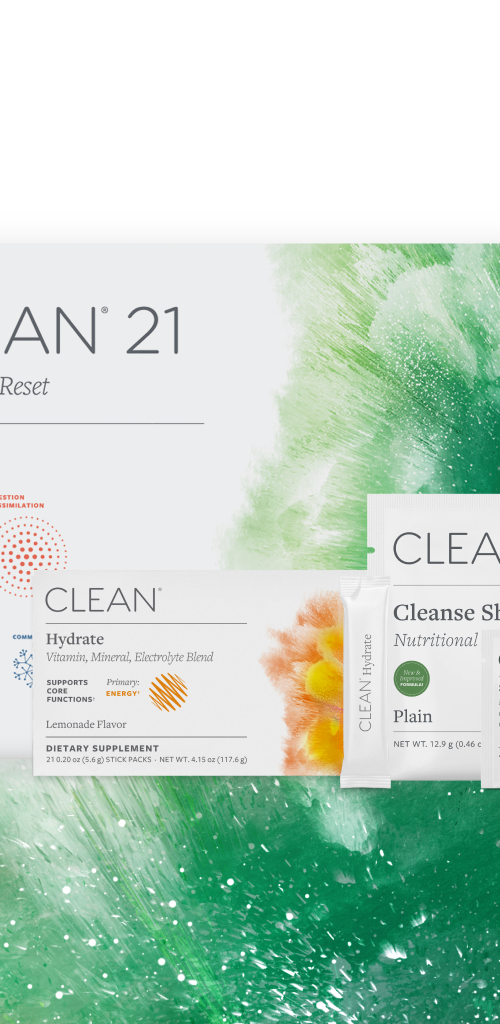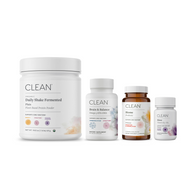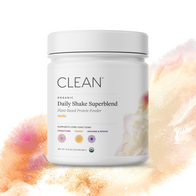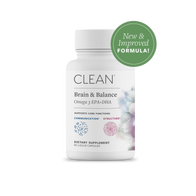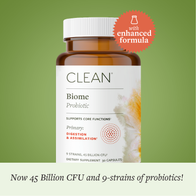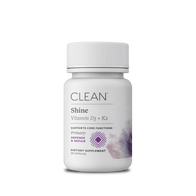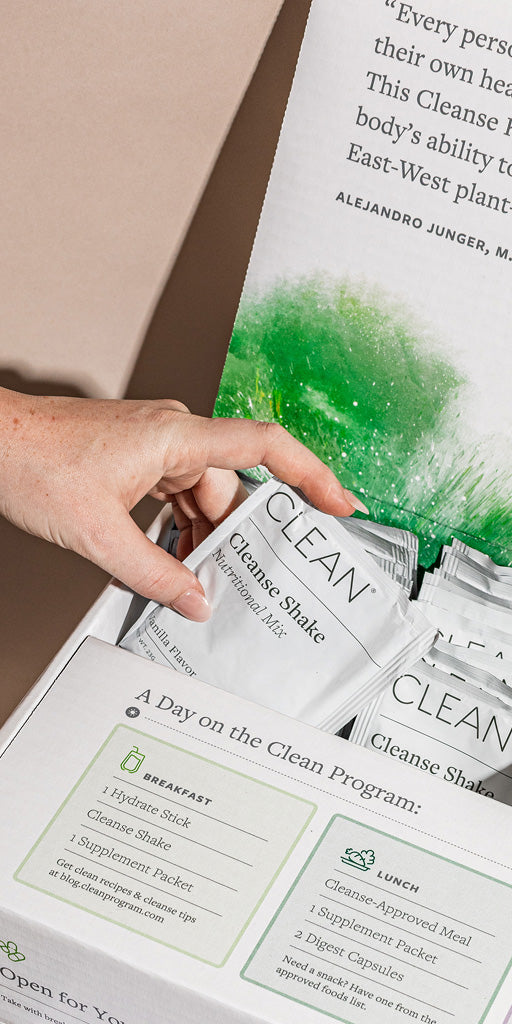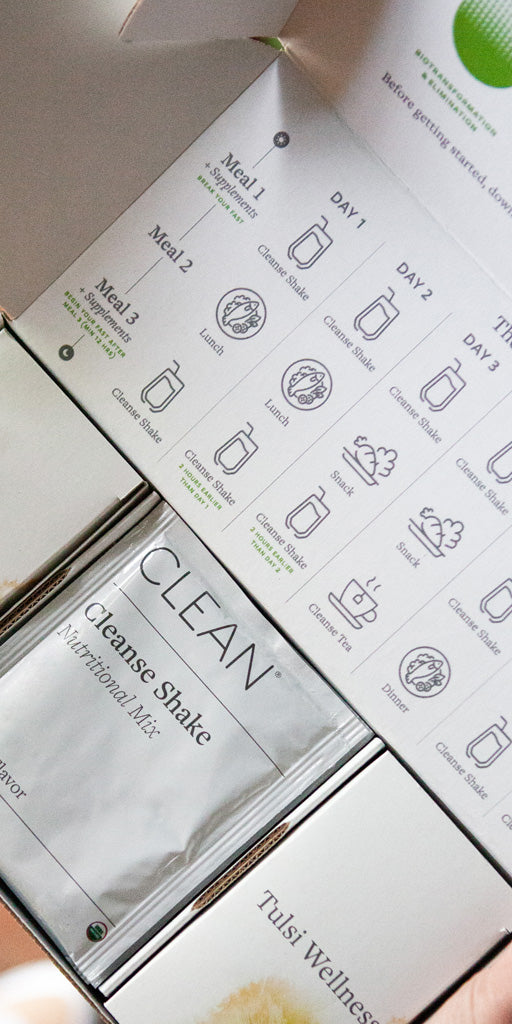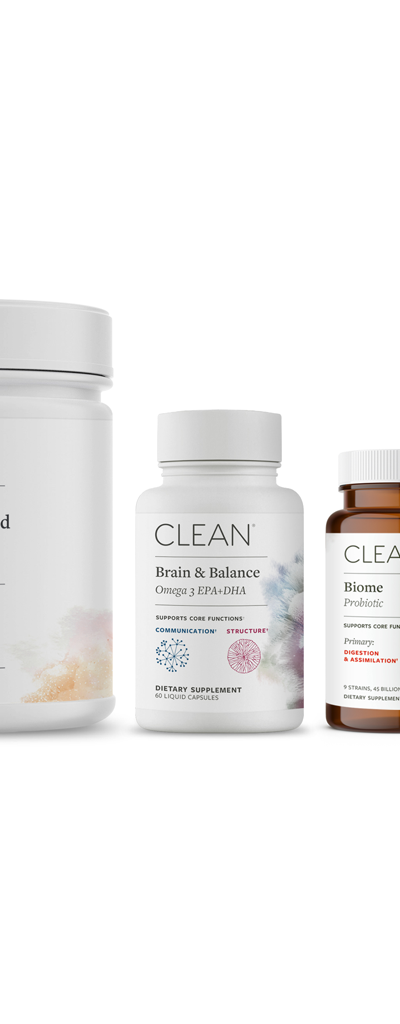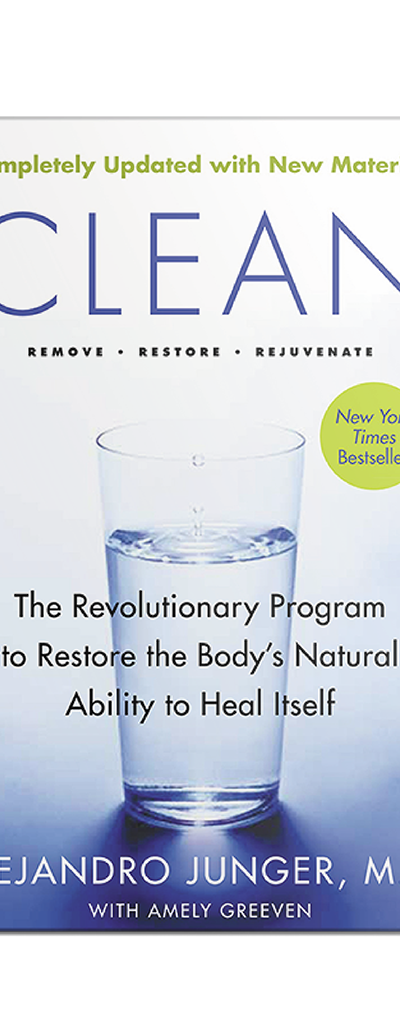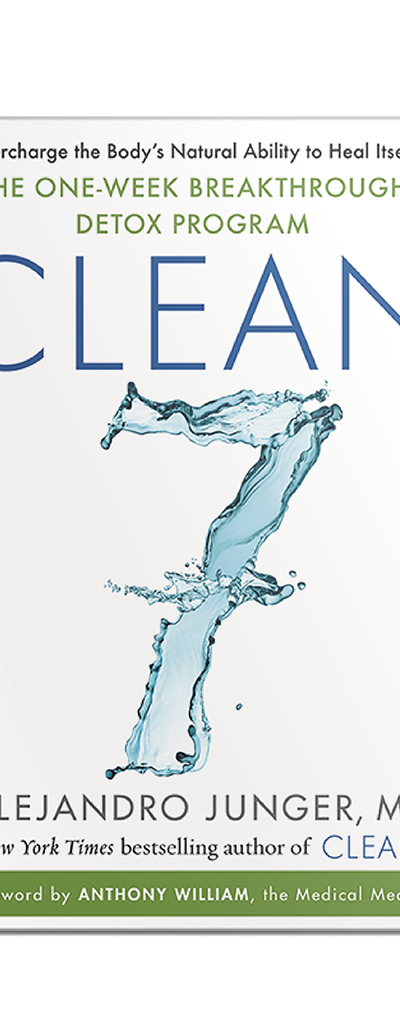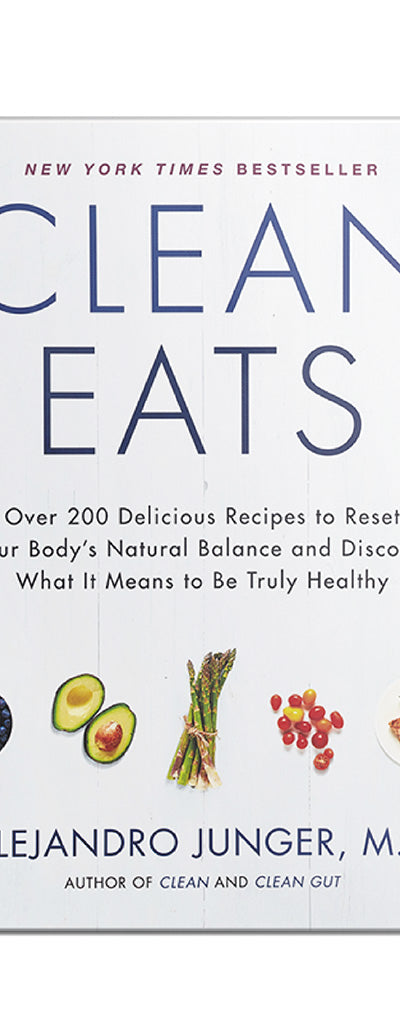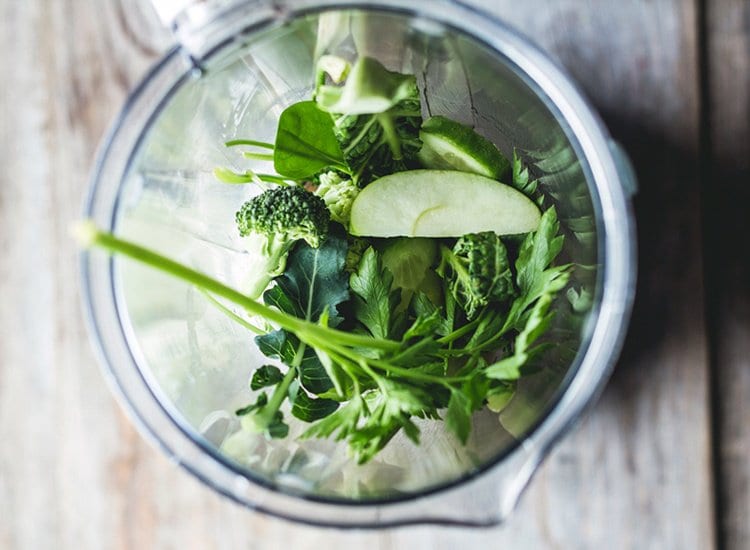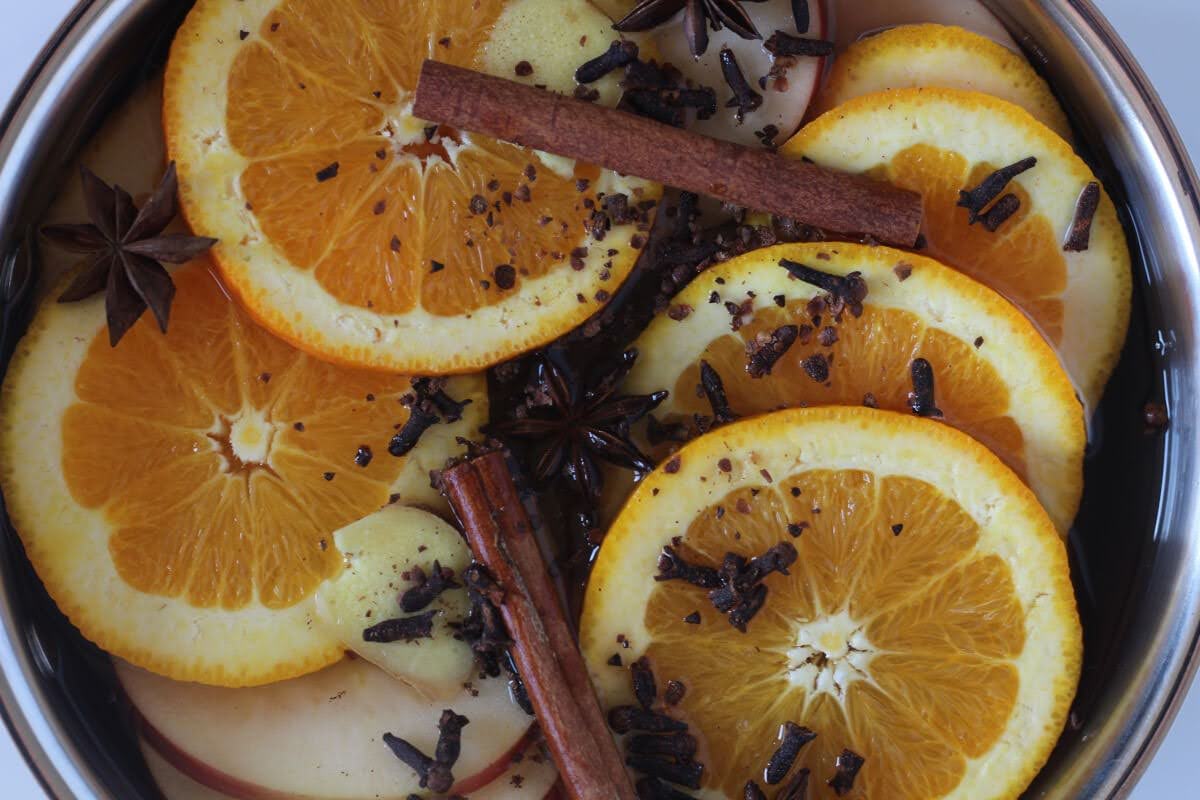
Whether you’re a newbie or a veteran cleanser, or investigating your options before taking the cleansing plunge, there’s no doubt that cleansing is a controversial subject. Are cleanses healthy, or even necessary? And what does science say?
THE DIRT ON TOXINS
The CDC recently reported that 212 chemicals were found in people’s blood and urine, 75 of which have not been previously detected in the US population. All told, the sheer number of these chemicals when combined, place a potentially profound toxic burden on the body, and, as the CDC has reported, these chemicals can and do accumulate in the fat, tissue, blood, and urine of our bodies.
If the body is also burdened and weakened by the effects of negative stress, and a nutrient-poor and highly-processed diet, the liver, kidneys, and digestive system may be impaired in their ability to process out these substances as effectively as they should. Sounds like a mess, right? How can we safely and adequately address the toxicity we’re being exposed to on a daily basis? The good news is, a properly conducted cleanse can help, but:
ARE ALL CLEANSES CREATED EQUAL?
The short answer? No.
Cleansing protocols and fasting have their roots in traditional cultures and some religious practices. The ancient Indian practice of Ayurvedic cleansing, for instance, is based on the concept that by giving the body adequate nutritional support, and relief from dietary and environmental stressors, it is empowered to rest, heal, repair, and detoxify more effectively via its own intrinsic mechanisms.
Research also shows that intermittent fasting (IF) has a positive effect on cellular waste removal and gene expression, and may be protective against chronic illness. There are benefits to cleansing substances and protocols if they are used wisely, and rooted in healthy habits, sound nutrition, and common sense.
The truth is, your cleansing approach may or may not be healthy. What healthy and effective cleansing programs tend to encourage is the unanimous omission of highly processed and refined foods and sugars, artificial substances, and recreational drugs, which all get metabolized by the liver. Cleanses also emphasize high levels of hydration with pure water which flush the kidneys and encourage healthy digestion.
Is a three day, high-sugar juice cleanse beneficial if you break your fast with a cheeseburger, and fall back into poor habits? Probably not. So what is a “healthy” cleanse? Any sound cleansing program emphasizes the adoption of ongoing dietary and personal habits that strengthen and nourish the body over time, while attending to gut health and healthy digestion: also crucial for adequate bodily detoxification and toxin elimination.
Here at Clean, we encourage a gentle, nutritionally sound, and whole foods approach to bettering your health. The aim is to remove foods you may be sensitive to, hydrate deeply, build and strengthen the digestive tract, and shore up your body’s nutritional reserves so it can function optimally. When the body is well supported by adequate nutrition, and food sensitivities are addressed, it’s better able to detoxify as it’s meant to. Sometimes cleanses can even help with weight loss.
That said, research shows that some foods and substances do have a cleansing (detoxifying) effect in the body (yes, really!).
AWARENESS IS KEY
There is no quick fix for long-term health. Long-term health is built via health promoting habits and practices, such as Activity, healthy diet, and stress management. Here at Clean, we encourage the adoption of healthy habits that are–most importantly–manageable for you in the long run. This is the best way to ensure your cleanse truly works.
A detox or cleanse includes hydrating, whole, and natural foods, and may include supplements and complementary healing modalities–like infrared sauna sessions and skin brushing, to support the body’s natural eliminative organs and systems. Detoxification modalities vary, and some are more extreme in their methods than others; the key is to work with your own preferences, health profile, and goals, to find the approach that works best for you.
Written by Carolyn De Lorenzo
If you enjoyed this article, you might also like The Top Ten Benefits of a Cleanse

